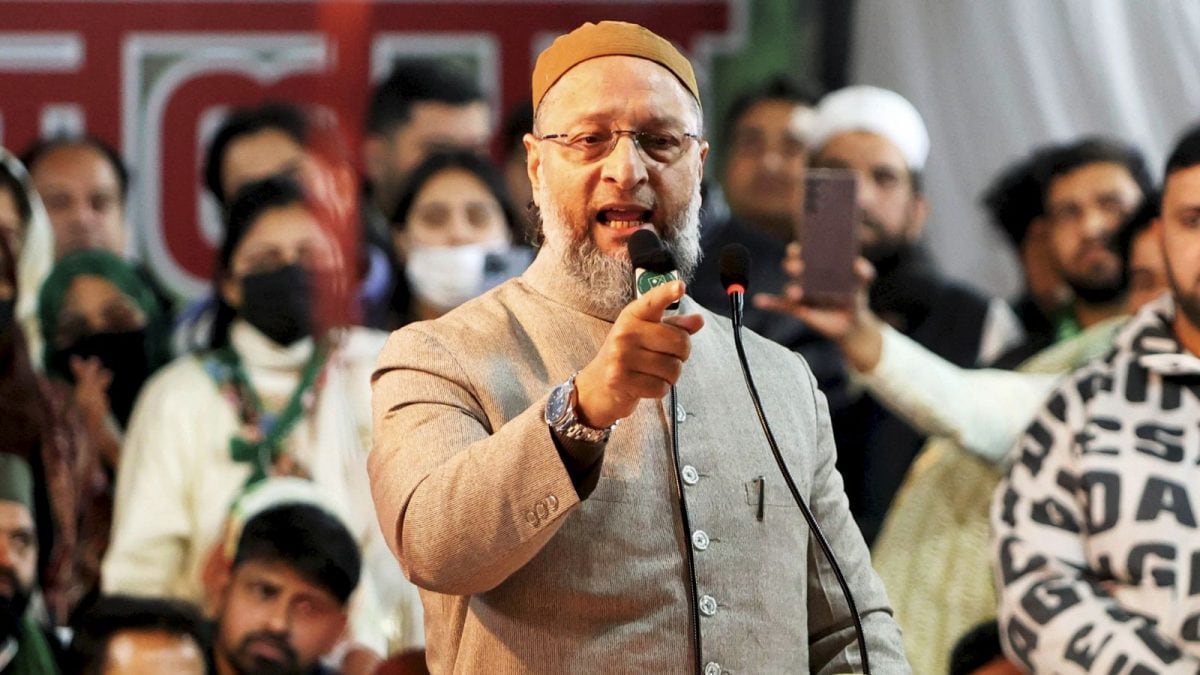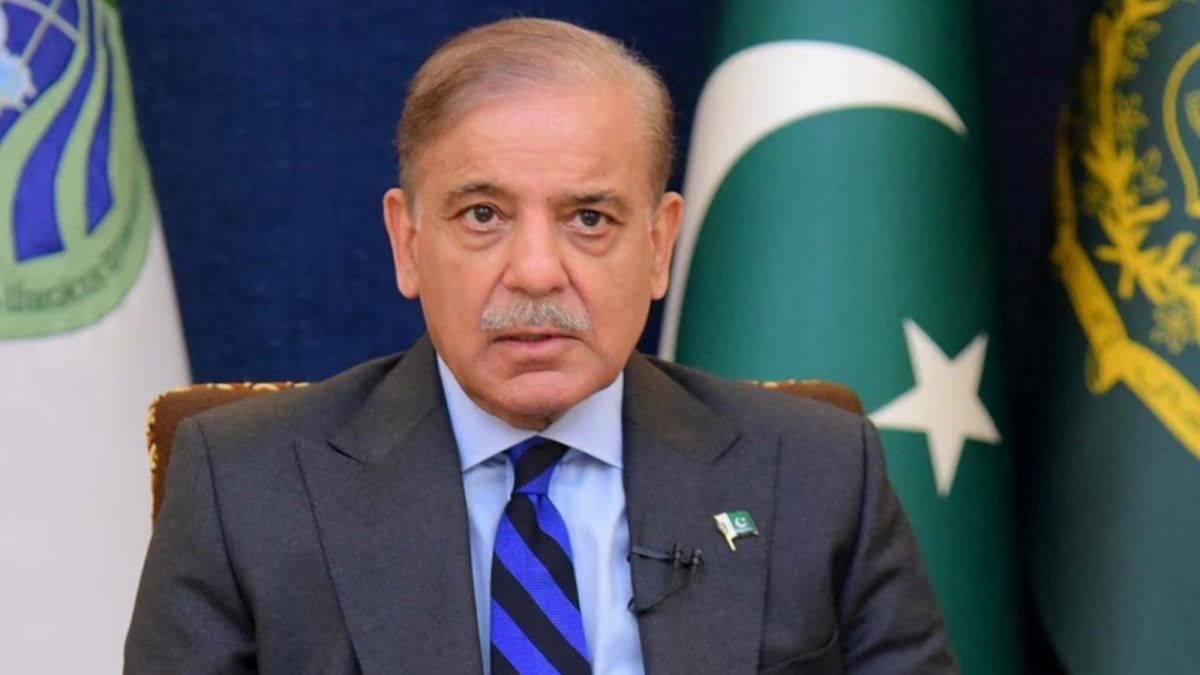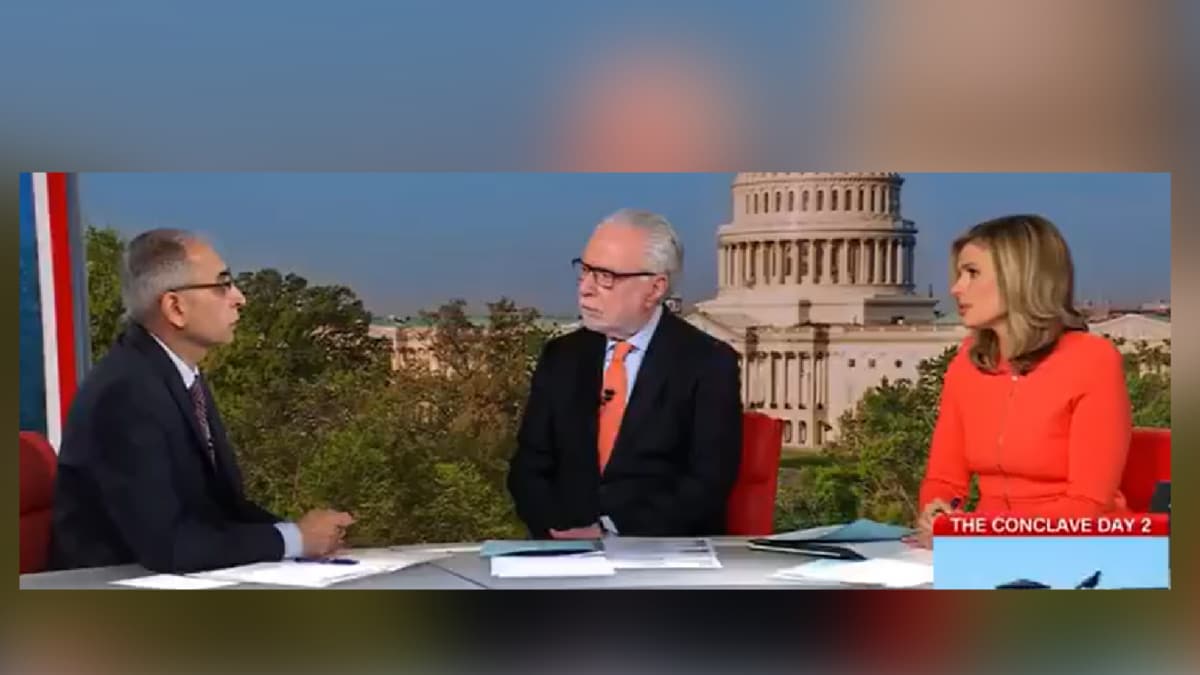Last Updated:March 27, 2025, 14:33 IST
For years, Saudi Arabia - home to Islam’s holiest sites - has been accused by critics of 'faking' some of its sightings of the moon

Eid al-Fitr 2025: Reports say that astronomers believe the crescent moon will not be visible from most of the world on Saturday, 29 March. (Image: Shutterstock)
Is Eid on March 31 or April 1? A crucial question for the Muslims worldwide as Ramadan enters its final week. As per the traditions, the lunar calendar dictates Islamic dates. The official confirmation of Eid-ul-Fitr will only come after the crescent moon is sighted. But many wonder if Eid ul-Fitr in India is celebrated after moon is sighted in the country or do Muslims follow Saudi Arabia or other Muslim-majority countries.
How Is Eid Declared In India? Should Muslims Follow Saudi’s Traditions?
Some reports stated that there is no centralised or official authority in India that decides the moon-sighting. Rather, the decision is made by various local committees. Some noticeable mosques from where official declarations are made include Delhi’s Jama Masjid and Fatehpuri Masjid, and the Markazi Chand Committee Eidgah in Lucknow.
What if the moon is not sighted in India due to weather conditions? Should Muslims follow festivities as per Saudi Arabia? Islam reportedly gives Muslims freedom to chose if they want to follow local moon-sighting or follow Saudi Arabia.
According to islamqa.info, if the people of your country rely on moon sighting as prescribed in Shari’ah, then you should start and end the fast with them, and you should not differ from them and follow the moon sighting of another country. But if you feel moon-sighting in one country is binding upon all countries, “then you should conceal the fact…"
The website quotes Shaykh Ibn ‘Uthaymin as saying: “…If you think that the first opinion should be followed and that if the sighting of the new moon is proven in any part of the Muslim world in the manner prescribed in Shari`ah and that it is binding to act upon that, but your country does not follow that and follows one of the two other opinions, then you should not openly show that you are differing from them, because of the trial and confusion and arguments that may result from that. You can fast secretly at the beginning of Ramadan and break the fast secretly at the beginning of Shawwal. As for differing openly, that is not appropriate and it is not something that is enjoined by Islam."
When Is Eid In 2025?
Reports say that astronomers believe the crescent moon heralding the Islamic festival of Eid al-Fitr will not be visible from most of the world, including the Middle East, on Saturday 29 March, when many are expected to look for it.
But many believe that regardless of a sighting or lack thereof, Saudi Arabia may declare Eid for Sunday anyway.
According to Middle East Eye, for years, Saudi Arabia – home to Islam’s holiest sites – has been accused by critics of “faking" some of its sightings of the moon by reporting them on days when scientists and astronomers insist it is impossible to see it. Saudi authorities have never responded to these criticisms.
Does Saudi Arabia ‘Fake’ Moon-Sighting? What Is The Controversy?
Middle East Eye cited Saudi Arabia’s pre-determined calendar to predict that the first day of Shawwal, Eid al-Fitr, will be this Sunday 30 March. The astronomers, however, say it will be impossible to see the moon — even with optical aid, such as telescopes — on Saturday.
Many Muslim-majority countries are expected to celebrate on the same day as Saudi Arabia, while others are likely to look for the moon on Sunday and declare Eid for Monday.
The astronomers in April 2023 questioned the Saudi sighting of the moon for Eid al-Fitr. According to the publication, the astronomers said that it had been scientifically impossible for the moon to be seen.
On 20 April that year, as Saudi Arabia’s moon-sighting committee was looking for the moon, prominent Kuwaiti astronomer Adel al-Saadoun declared that it was “impossible to see the crescent this evening" in the Arabian Peninsula.
“I challenge anyone who sees it to photograph it as evidence," he added. But shortly afterwards, Eid was officially declared in Saudi Arabia.
Many observers called on Saudi authorities to produce a picture of the moon. No official image was provided.
A report in The New Arab in 2019 touched upon a trend in the West where disagreements were noticed between those who follow Saudi moonsighting announcements and those who prefer more local reports. The report stated that the difference in opinion resulted in neighbouring mosques beginning the Ramadan fast separately, as well as the odd phenomena of members the same household celebrating Eid on different days.
In 2019, a movement of amateur astronomers began in the United Kingdom that challenged Saudi Arabia’s ‘fake’ moonsighting announcements.
Among them was Imad Ahmed, founder of the New Crescent Society – a group dedicated to reviving the Islamic tradition of celestial observation.
“The problem in particular with Saudi Arabia is that all year round, they don’t do moon-sightings. They use the Umm al-Qura calendar which is based on calculations, but that often means that their calendar is one day ahead of those based on physical sightings of the moon," Imad was quoted as explaining.
“So when they do carry out moon-sightings, or claim to do so, they end up doing it one day early. Sometimes – and there are many instances in history of this – Saudi Arabia has even claimed the moon has been sighted when it was in fact below the horizon. We know that’s not possible from our data and this is a cause for alarm," he was further quoted.
Armed with this information, the East Londoner travelled across the UK to promote the idea that British Muslims should carry out their own moon-sightings and stop relying on foreign authorities — including Saudi Arabia.
Location : First Published:March 27, 2025, 14:33 IST
News explainers Does Saudi Arabia 'Fake' Moon-Sighting? Should Indians Follow Middle East's Eid Traditions?

 1 month ago
1 month ago


















